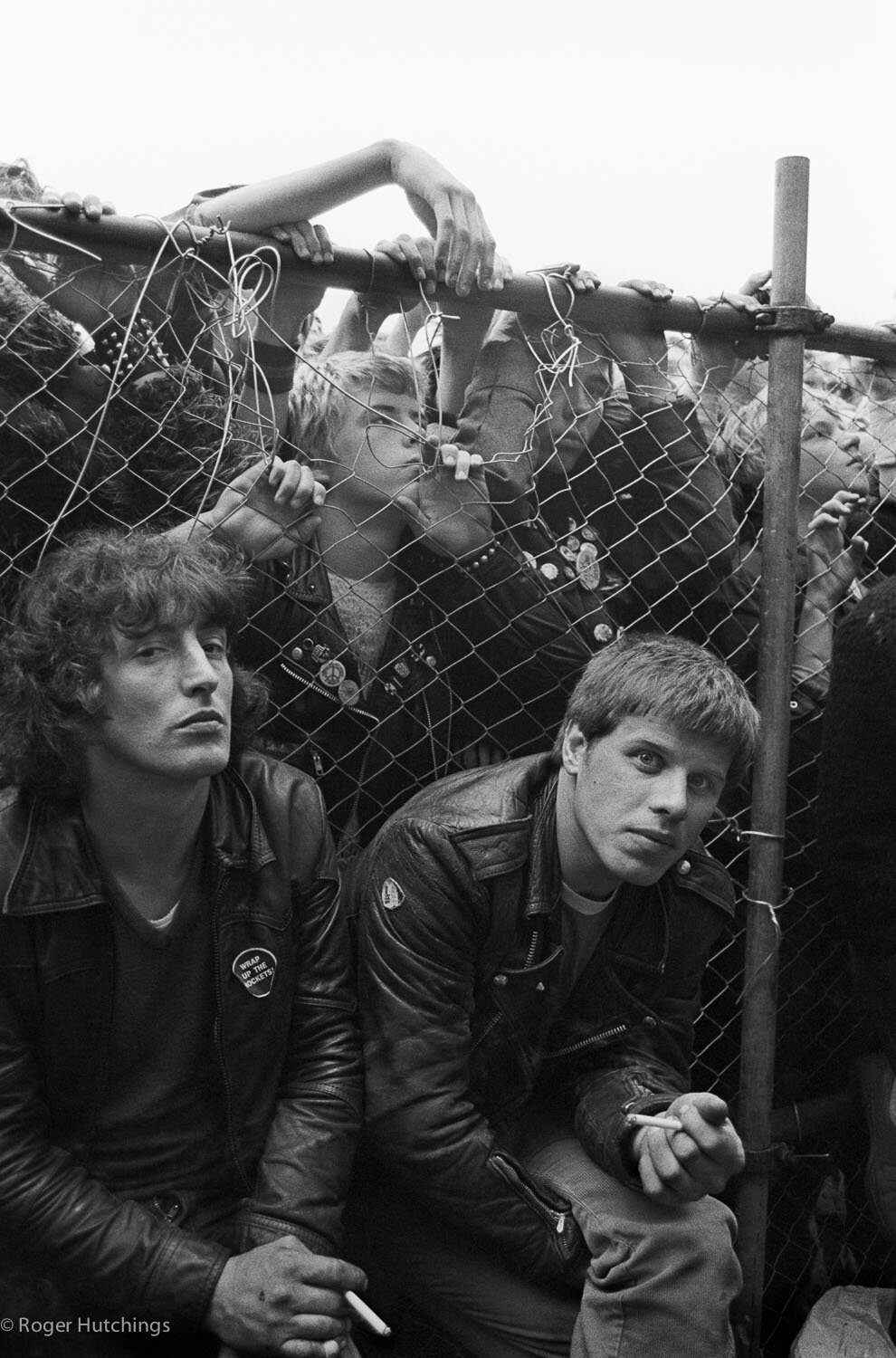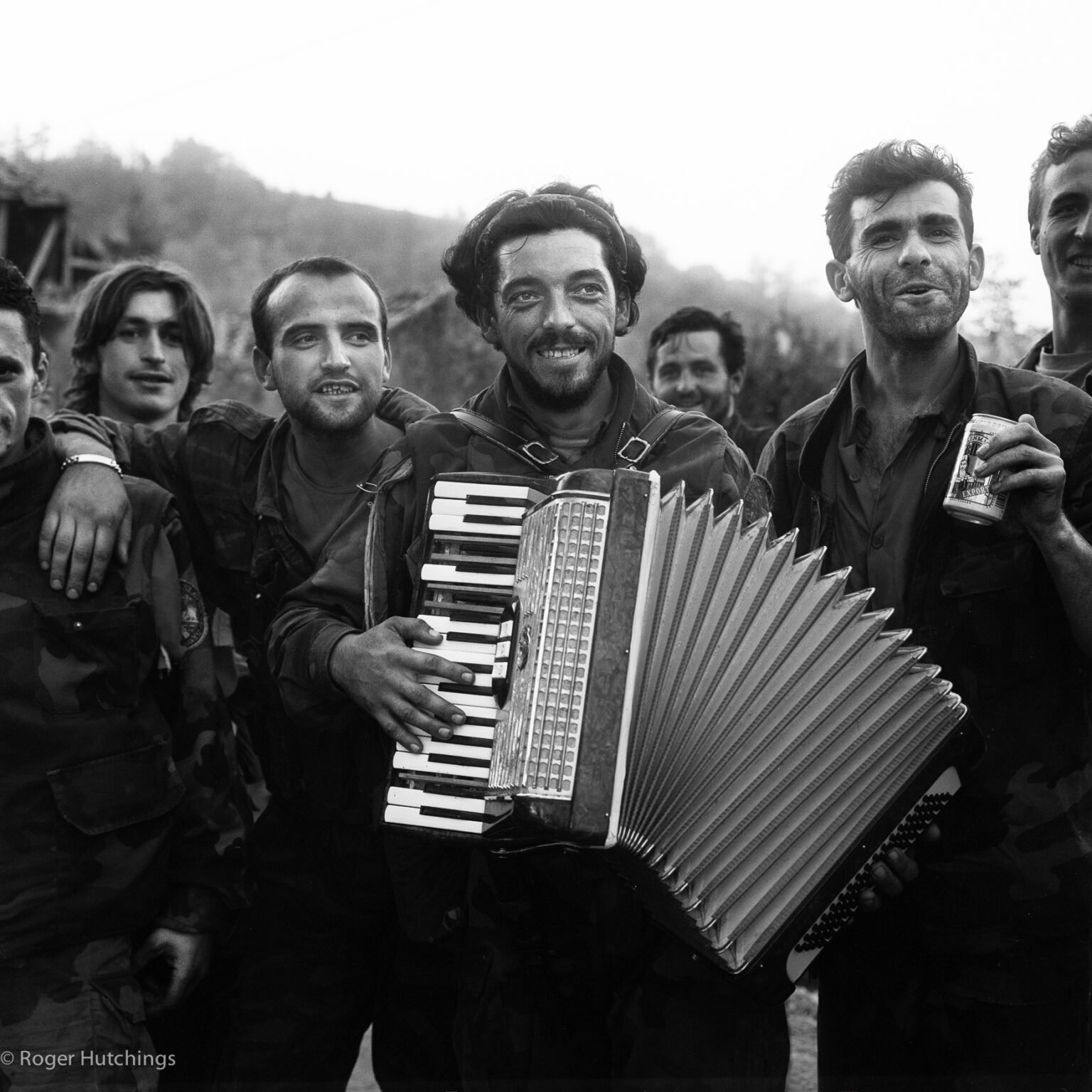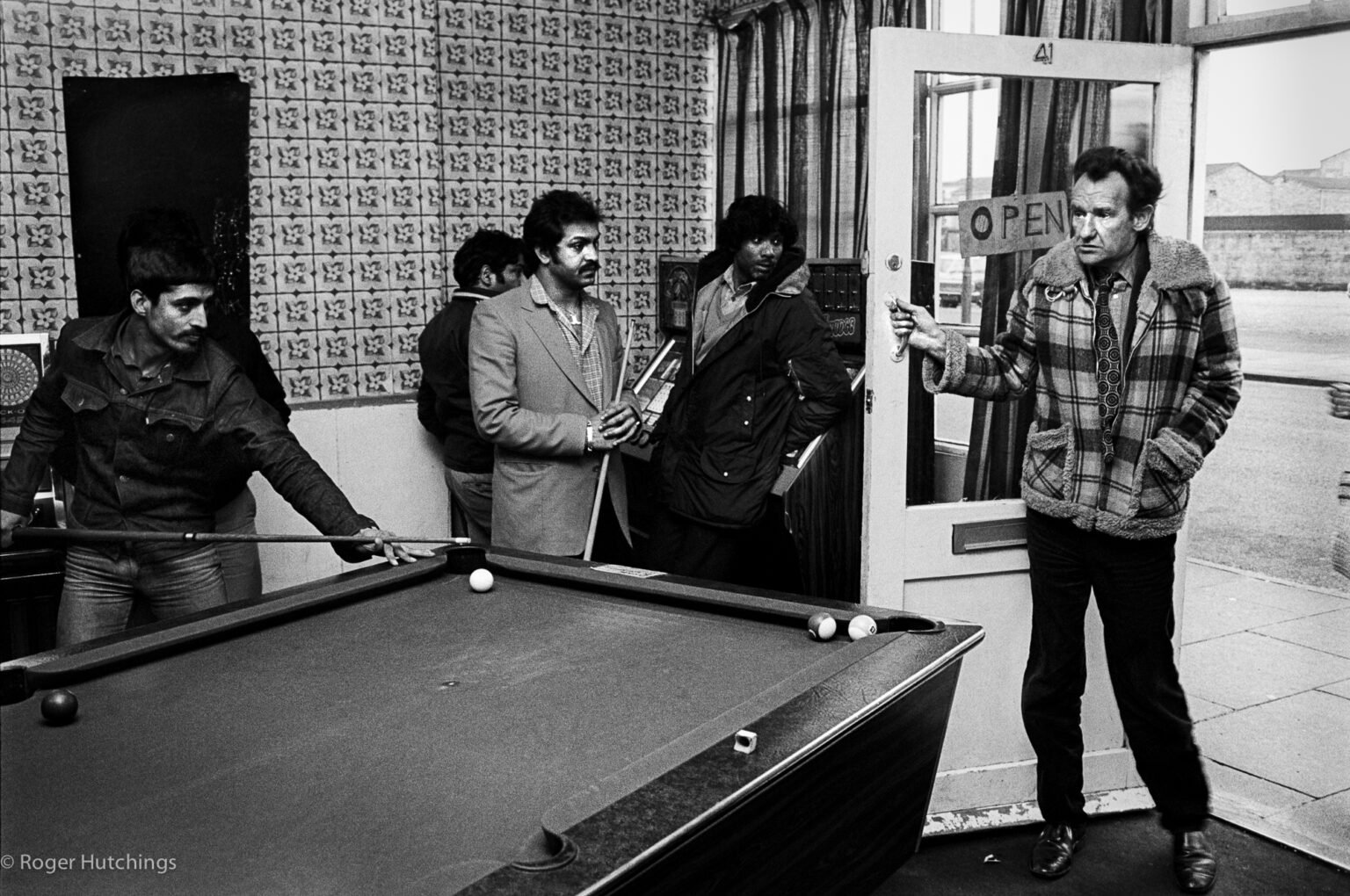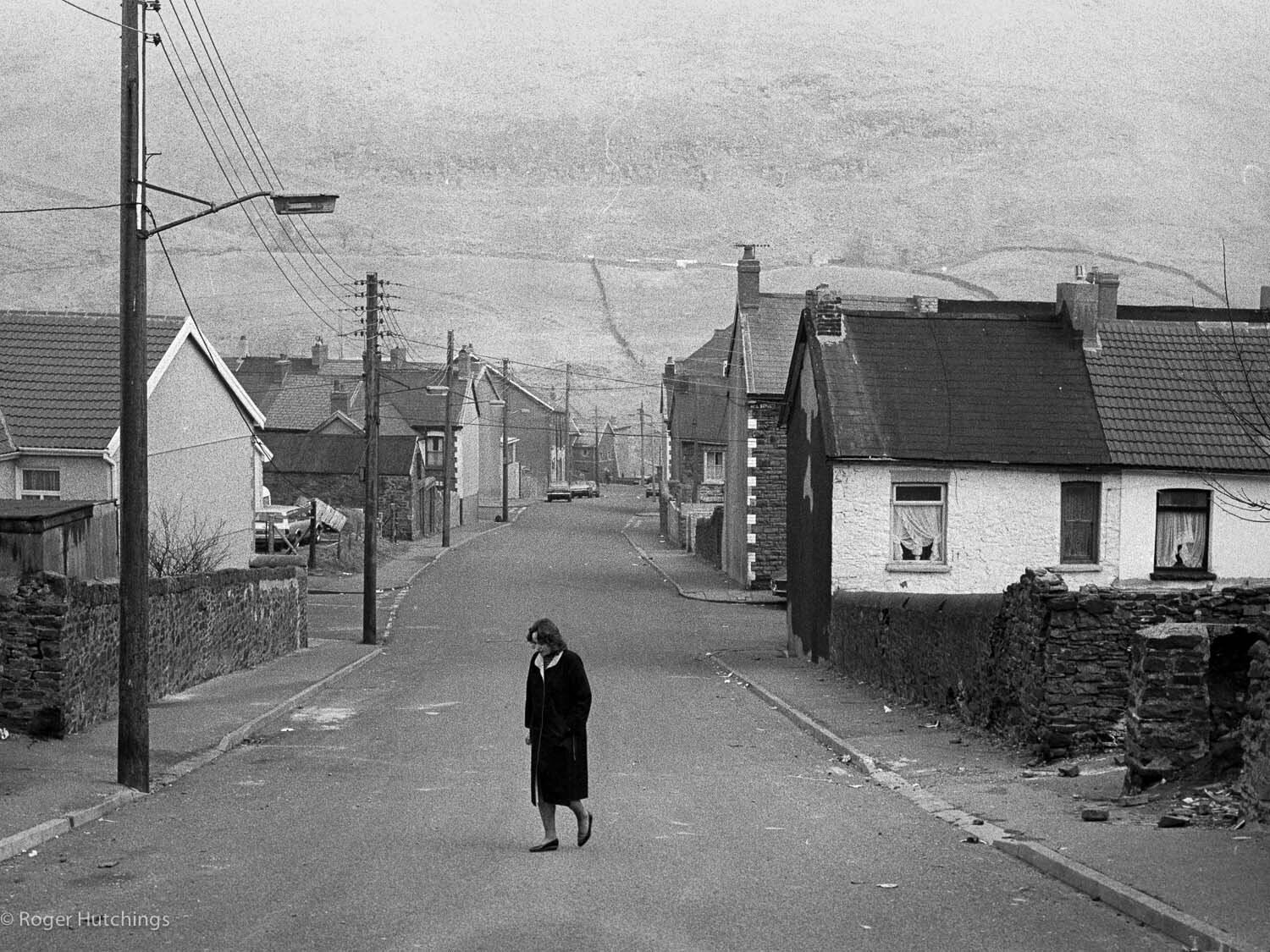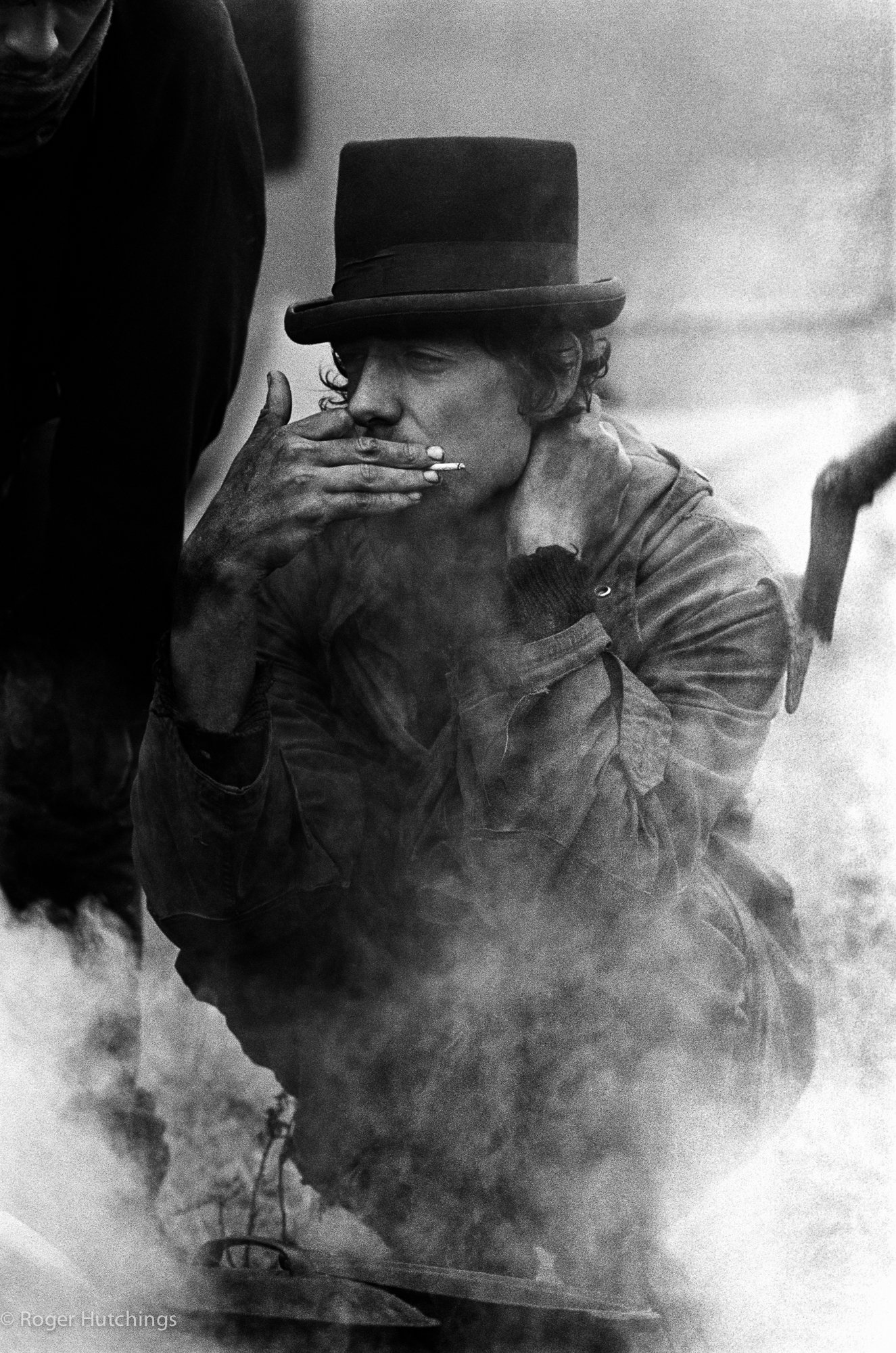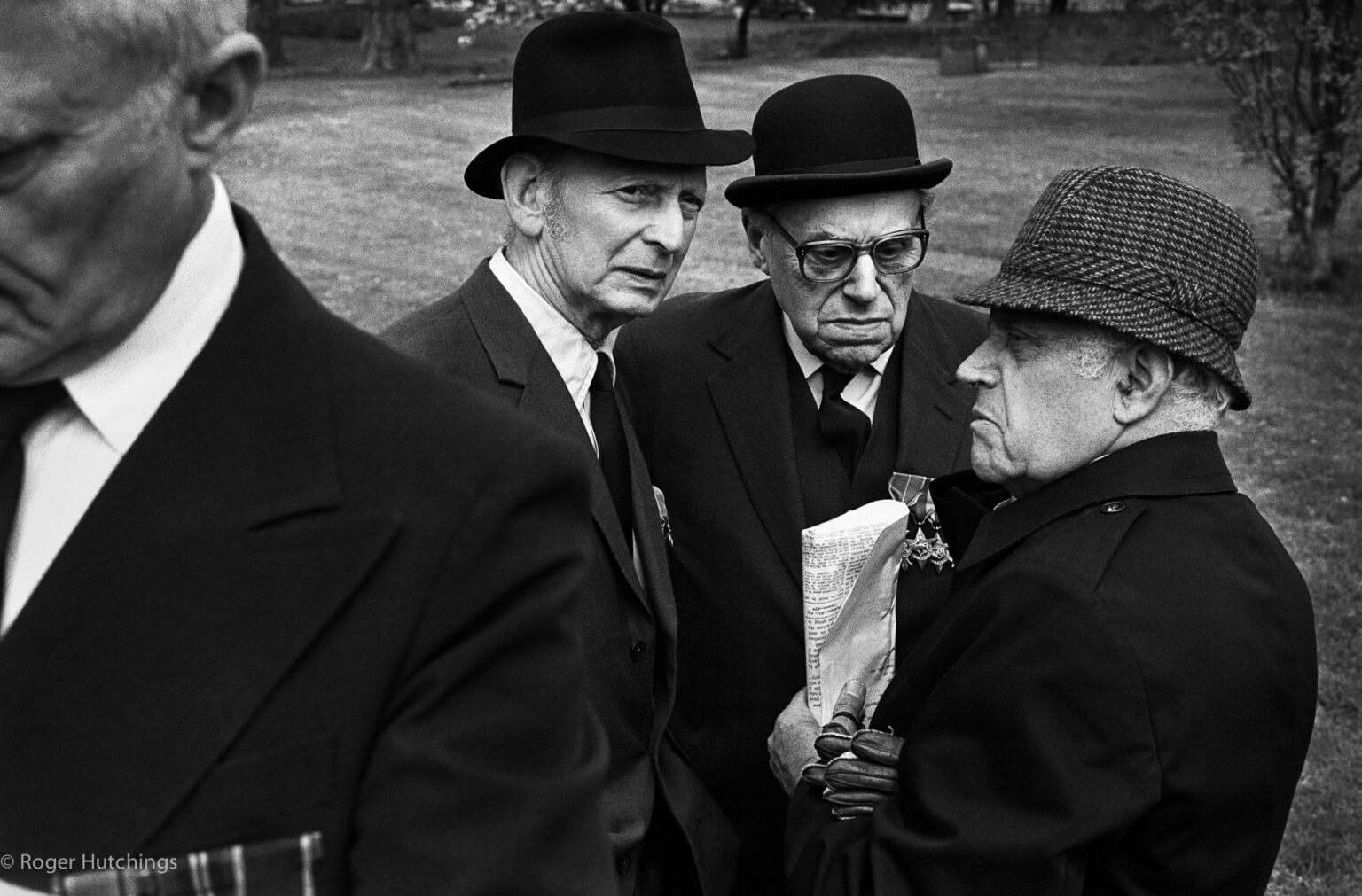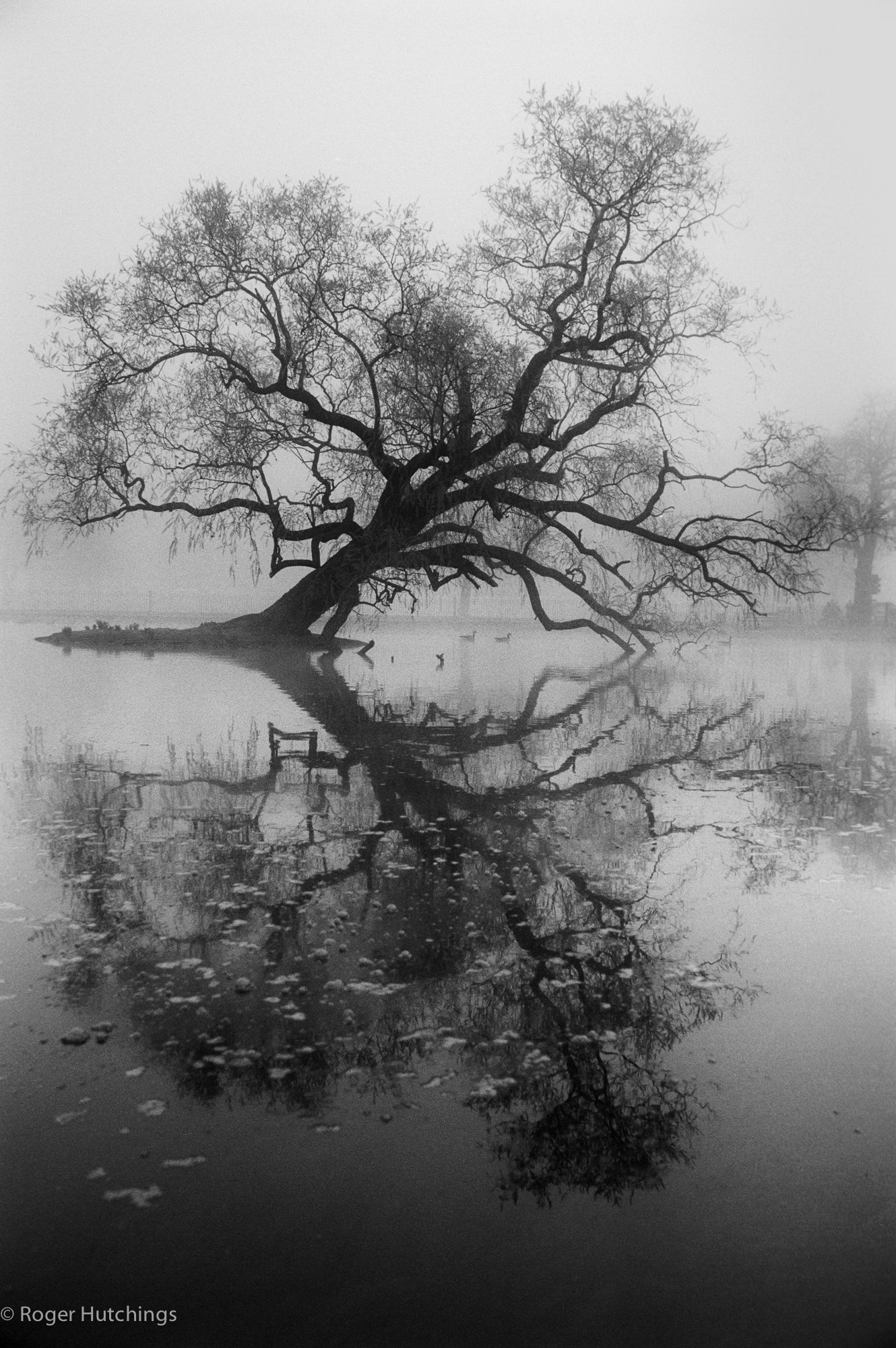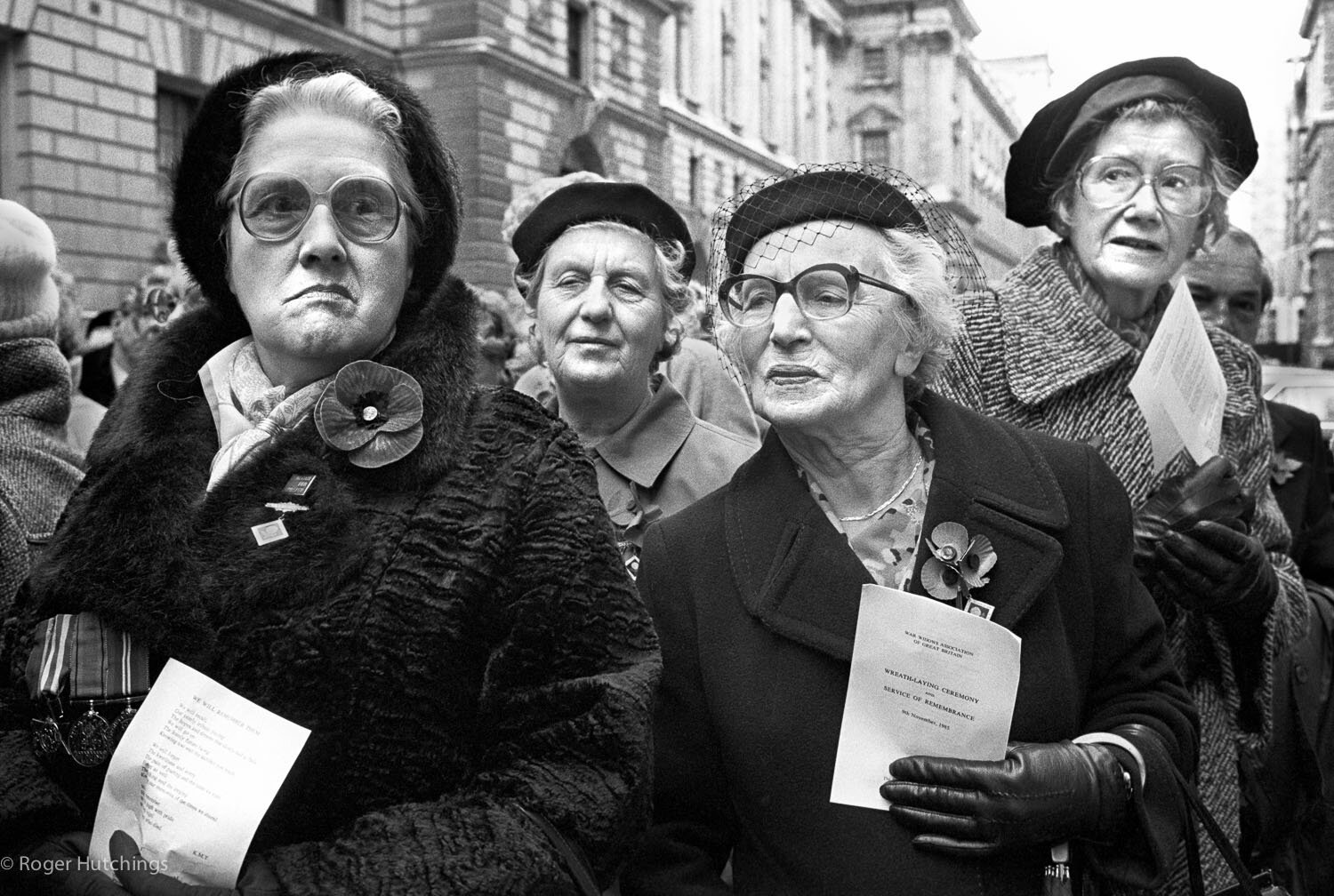Roger Hutchings is an award-winning British documentary photographer who studied at Newport School of Art in Wales mentored by the Magnum photographer David Hurn. Thereafter he worked with the London Observer Newspaper as a roving photojournalist covering British and World affairs. Subsequently he joined the photographic agency Network Photographers undertaking assignments for many of the World's leading news magazines. Between commissions he concentrated on personal documentary work producing books and exhibitions for an international audience.
Three significant pieces of reportage have received critical acclaim. Thatcher's Britain, a long-term social documentary report about Britain; Bosnia, surviving the civil war in Former-Yugoslavia and Ataturk's Children, pictures examining the relationship between the Turkish State and its Kurdish minority. In this essay, written especially for then there was us, Roger talks us through his sensational and exciting career as a documentary photographer.
On reflection it was because I wanted to get an insight into myself and unravel the essence of Britishness. I was following my instincts. I studied politics, sociology, economics and later a degree in urban land use during which I made a report about sub standard inner city housing conditions. With an existing interest in photography I made my own pictures to illustrate the report and from that grew the idea that I might be able to use the camera as a tool to explore other aspects of society. I wasn’t sure how to go about this but I had read about a course in Documentary Photography at Newport School of Art in South Wales. I applied and was I accepted. It was a 2 year course founded on learning through doing. There was no academic side and from day one there were assignments. It inculcated a 24/7 work ethic. Shoot, process, make contact sheets and immediately present the work for a crit. The course equipped a student with the basic skills to become a working photographer with an emphasis on using the medium to explore personal passions, obsessions or professional ideas. Its philosophy was that through constant practice, critique and repetition one could learn the basic language of the medium and from these building blocks go on to develop a personal voice. It attracted older people from varied professions with extensive life experience who were highly motivated, knew the issues they wanted to talk about and planned to use the medium to advance their concerns. Some students were drawn to the possibility of becoming professional photographers as I did.
That is a little long winded but it’s how I started out and it was natural for me to engage with a project about people’s daily struggles within the socio-economic environment then dominated by Margaret Thatcher’s Conservative government and her controversial policies. That series I called ‘Thatcher’s Children’ and continued over a period of 17 years until Labour won the general election in 1997. Something I would like to emphasise is that to produce compelling work you will have strong feelings about the subject. They might be celebratory or condemnatory, whichever, the photographer becomes an advocate and
therein resides a moral obligation. Integrity and truth become essential elements demanded in the relationship with our subject. Accurate representation is the duty of the practitioner because of the trust afforded to the photographer who presumably intends to publicly reveal their subject’s story. In pursuit of honest representation the photographer must always take into account a personal tendency for bias and must question their conscience to reject elements of one-sidedness. It’s not any easy thing to do but that is what we should aspire to. We must work on ourselves as much as the photography. [ Not a point of view shared by many voices on social media ] Sometimes we may get involved with issues that defy our pursuit of objectivity. I think in such cases best practice is to declare that personal interest.
I could not have predicted how my career would evolve. I was lucky when offered opportunities by The Observer Newspaper right out of college. I ended up in places and many unimagined situations. It was the chance to work alongside and get to know experienced photographers and talented reporters. I studied how they did things. There was a lot to learn but I acknowledged my fallibility and improved by thinking about how to rectify my mistakes. In photography there is no substitute for experience. Each time you photograph you learn something if you engage in what the theorists call “reflection in action”. To quote Sartre “The more sand that escapes through the hour glass of our life the clearer we should see through it”. We are what we make of ourselves and the more experiences we go through the greater the opportunities to refine our responses and become better at what we do”.
I have explained the origin of “Thatcher’s Children” and how it came about because of my interest in exploring the structure of society. After I became established I realised I wanted to report on foreign stories both to test myself and discover more about the world. You need to image a time [ not so long ago ] without digital, the internet and smart phones without citizen journalists when foreign news was gathered by photojournalists and when happenings were only brought to the world’s attention because of their committed storytelling. Of course ambition plays a part in what one chooses to do and I was determined to make a mark on the international scene deciding the best way to do so was to cover major world stories differently and more distinctively than other photographers. To go into a war zone you need to prepare yourself psychologically, accepting the prospect
that you may be injured or killed. You need to research and inform yourself about the location, main players, potential dangers, likely health hazards and think carefully about how to conduct yourself and how to dress. I always found it safer to work alongside another person ideally a savvy local interpreter/fixer who could pick up danger signs and talk their way out of trouble.
Whatever the story I’ve always taken the same approach being drawn to recounting history through the lives of people who inadvertently have become its pawns. For example, the theme of my work in Sarajevo was about struggle and survival. [it explored the strategies individuals adopted to psychologically and physically survive a siege as well as their suffering] I have mentioned that a first step towards distinctive work is to have strong feelings about the subject. Those feelings provide the motivation to keep working on and refining a story. Sometimes as with Bosnia I have found a situation so affecting that it has possessed me to the exclusion of other work. It’s quite hard to articulate why I was so transfixed by the civil war in Bosnia. The Balkans cast a spell on many journalists in the way that Vietnam had for an earlier generation of correspondents. There was a small group of reporters and photographers in the former Yugoslavia who were furious about the lack of interest taken in the war by the media and politicians in the West. There was a great sense of camaraderie in this group and determination to force the story into the headlines [On one occasion in 1993 my pictures appeared on the front pages of every national Newspaper in Holland] The natural beauty of Bosnia is awesome, the people enigmatic, passionate, violent, generous. This cocktail was mesmerising to me. The war, a conflict at the crossroads between Christianity and Islam on the fringe of Western Europe, important history that I could not turn away from.
